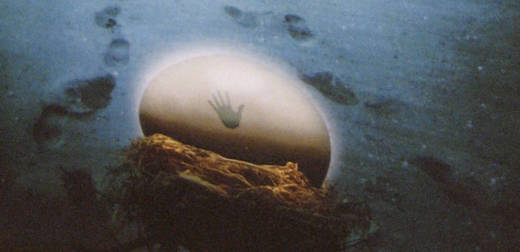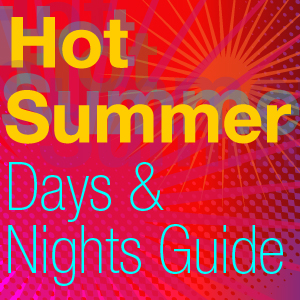Science fiction set in the future is often taken to be a prediction of that future. But writers rarely claim to come from the day after tomorrow. Until we can time travel, we have to assume that our artists take their inspiration from the past and present, and project our anxieties onto re-wired plots set in the worlds of their imaginations.
It turns out that, in 2017, we have enough on our minds to occupy more tomorrows than we’ll have to live through. Happily, our best writers can offer us visions of the future that inspire us to engage in the present.
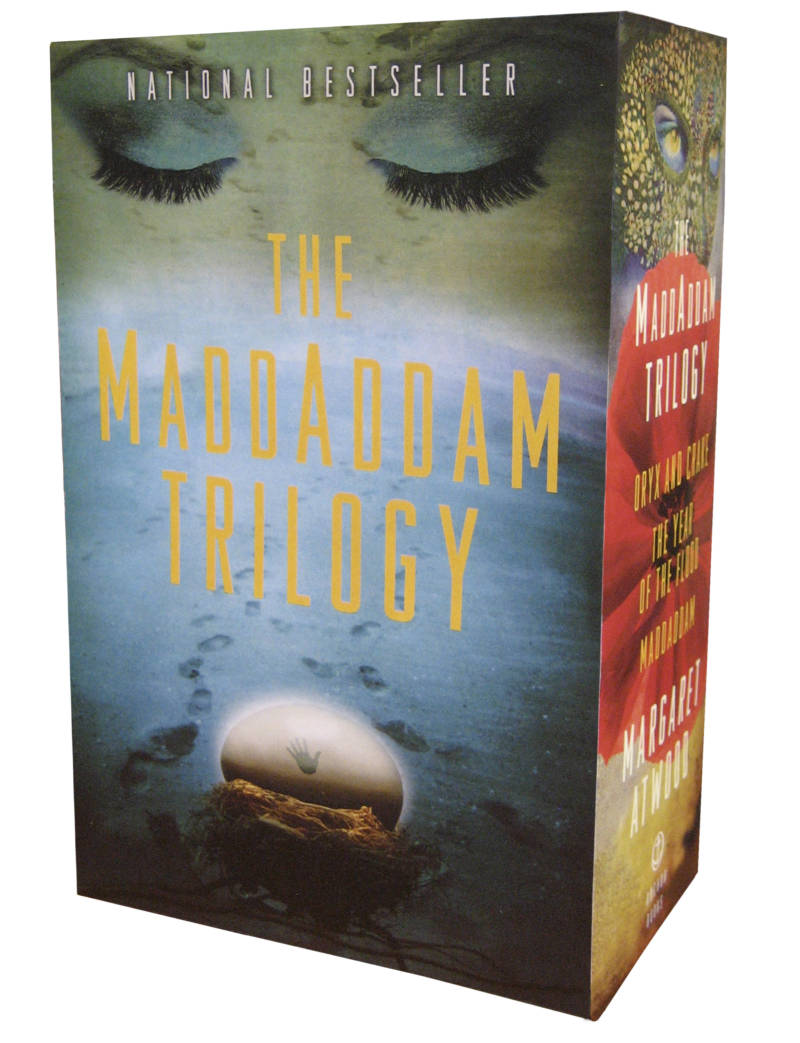
The MaddAddam Trilogy
by Margaret Atwood
Margaret Atwood trawls through timelines with an astute-yet-unhappy eye, able to see what makes us uncomfortable and then shine a light on it. While she has your attention via the excellent Hulu adaptation of The Handmaid’s Tale, take your shock-recovery downtime to immerse yourself The MaddAddam Trilogy, which at least doesn’t feel as if it has already happened. In the three books, Oryx and Crake, The Year of the Flood, and MaddAddam, Atwood offers a vision of suburbia and exurbia run wild, unplugged and uprooted in a bio-engineering blender that proves to be an exemplar of the humanity of it all. This isn’t just rising seas and temperatures — it is anger and ambition run riot.
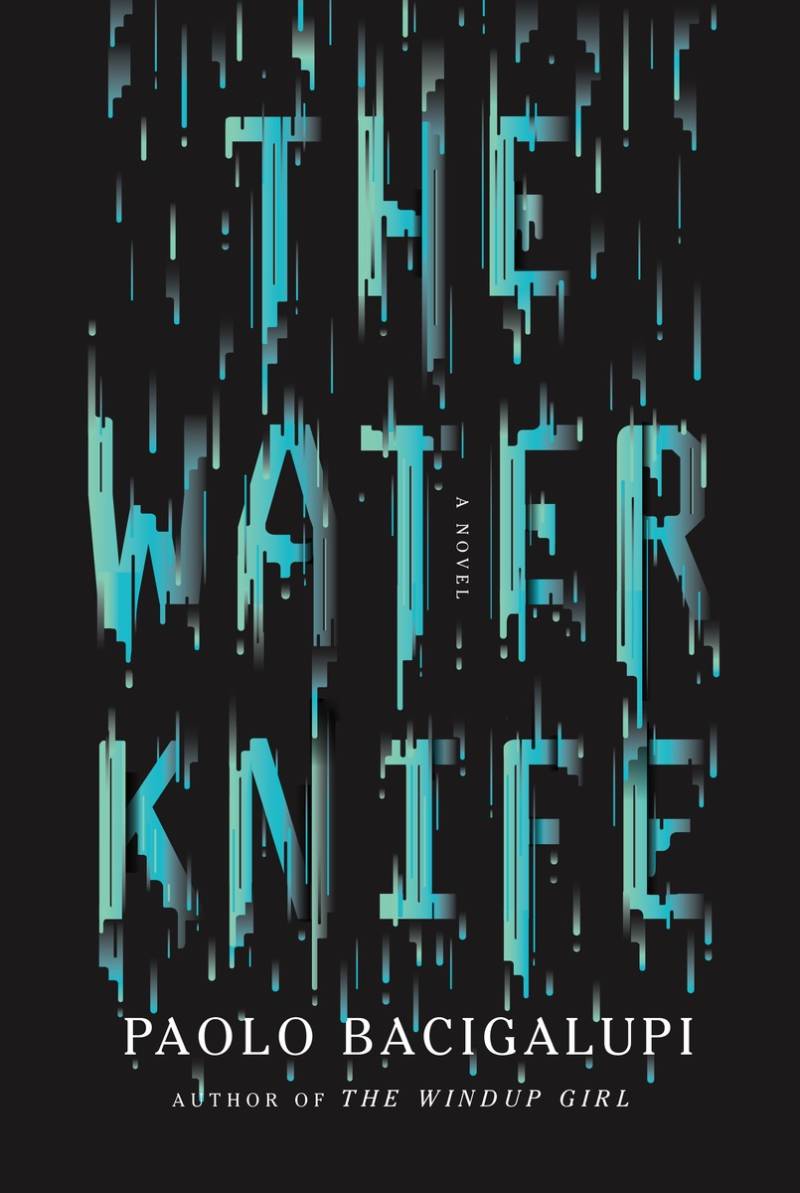
The Water Knife
by Paolo Bacigalupi
California has potentially dodged a bullet — for now. But even if the drought is over, it doesn’t feel that way. Written before we were sweating bullets about the seemingly endless heatwave, The Water Knife by Paolo Bacigalupi extrapolates our fears about the abuse of power. The growing income gap produces a world where the poor and the middle-class have become itinerant, while the rich live in sealed arcologies. Bacigalupi brings this scenario to life: turn off the water in any suburb and you have an instant dystopia, sans any futuristic trappings. Angel Velasquez is the man who cuts off the water. Lucy is a journalist who is following a story about water. Maria hangs on to life at the bottom of the water barrel. Bacigalupi’s thriller ramps up Chinatown with a Blade Runner vibe. Readers are encouraged to try to immerse themselves in this book without checking a faucet.
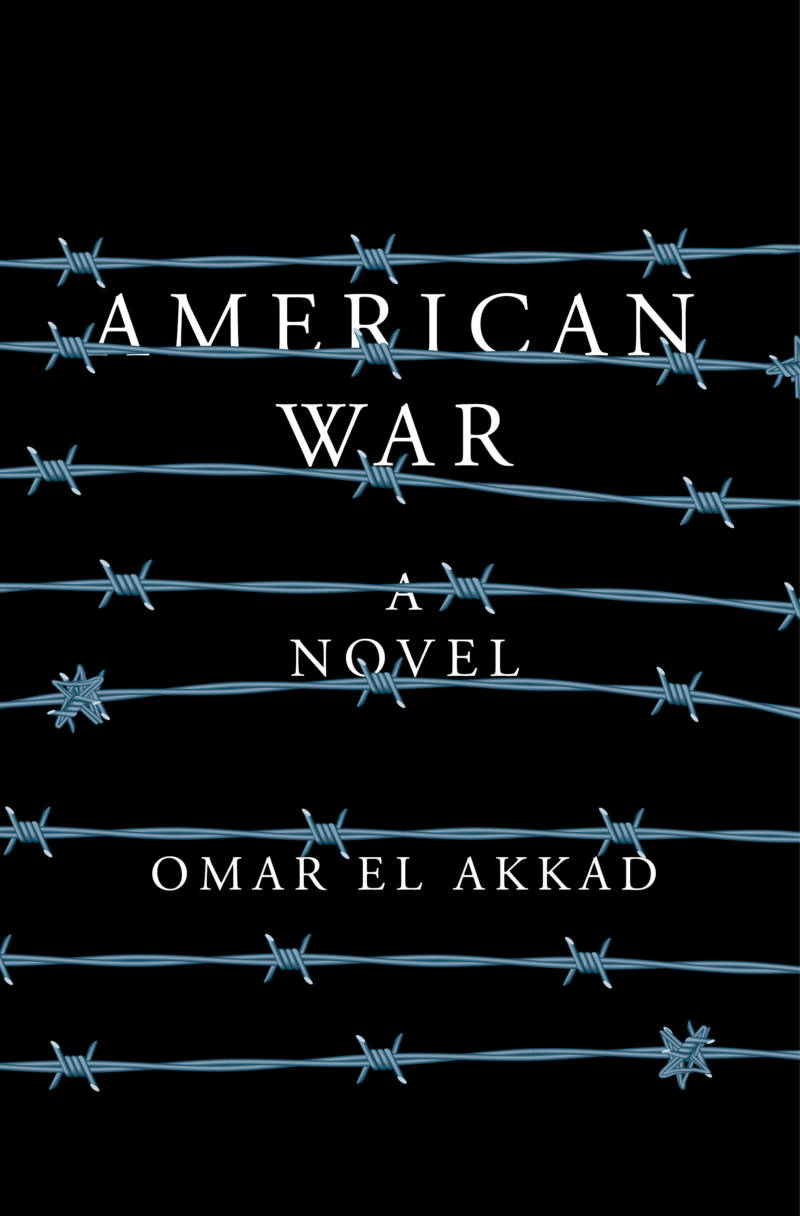
American War
by Omar El Akkad
We need no new technology to bring about the end of all life on earth. It’s here already, ready to be used. What we’ve managed to do is disallow humans who are able, willing and inclined to do so. One has to really hate in order to make such a decision, and in American War by Omar El Akkad, the reader is invited to experience just what it takes to turn a basically good human into a Weapon of Mass Destruction. Sarat Chestnut is only 6 years old when the Second American Civil War breaks out. Apparently powerless, she’s shuffled from camp to camp until her inner strength is noticed — and weaponized. Cutting between Sarat’s story and bits from textbooks and records of the future, American War is fueled by the vitriolic discourse that is tearing us apart right now. Close the book and you might feel as if you have the opportunity dial back the tone, and step back from the brinksmanship.
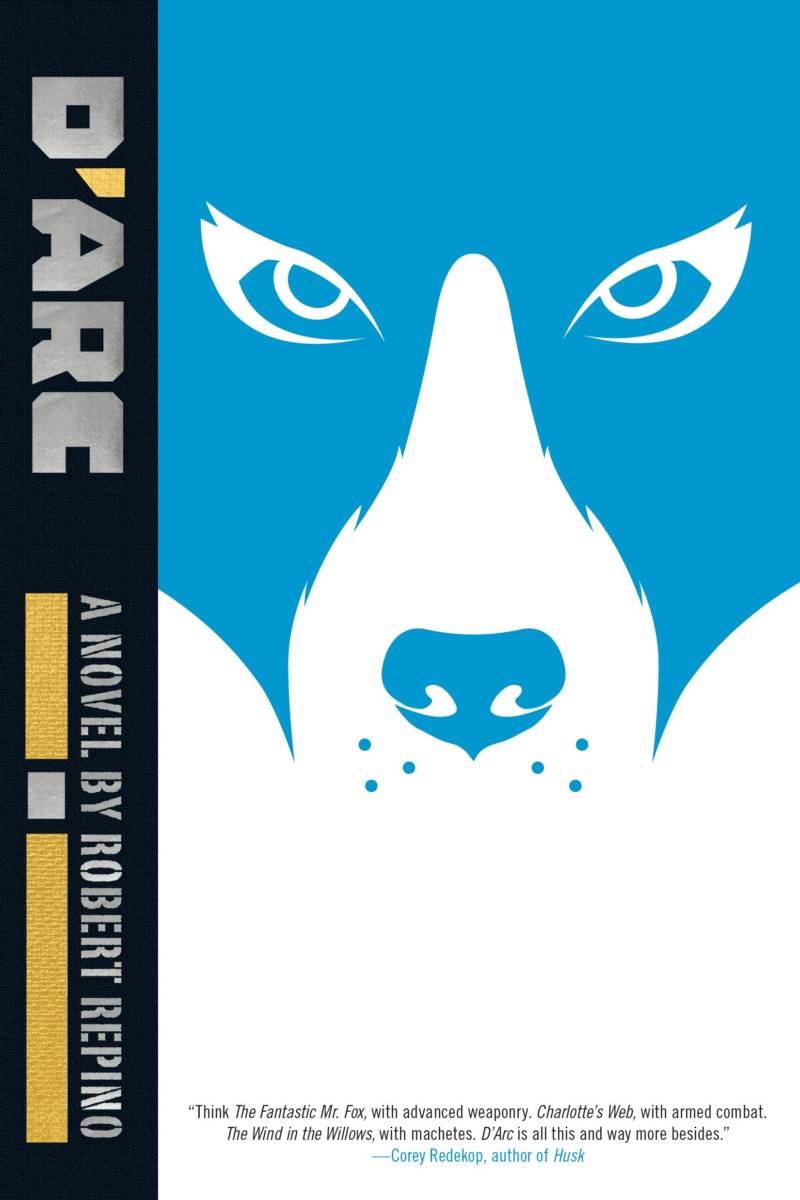
D’Arc
by Robert Repino
The more we learn about our fellow inhabitants on this earth, by which I mean the animals, the more we come to regard their minds as worthy of consideration. As our level of civilization rises, so does our understanding that, alien to us though they may be, every creature on this earth might just fall into some definition of intelligent. What might happen if they were evolutionarily uplifted and able to make their feelings known about how they’ve been treated? That’s the premise of Mort(e), Culdesac, and now D’Arc by Robert Repino. In the War With No Name series, the extinction of humans is Plan A. Repino crafts achingly real characters from housecats and doggies, and gets you sympathizing with both sides of the in-equation. This is a perfect example of the power of pulp, wild adventure for domesticated humans.
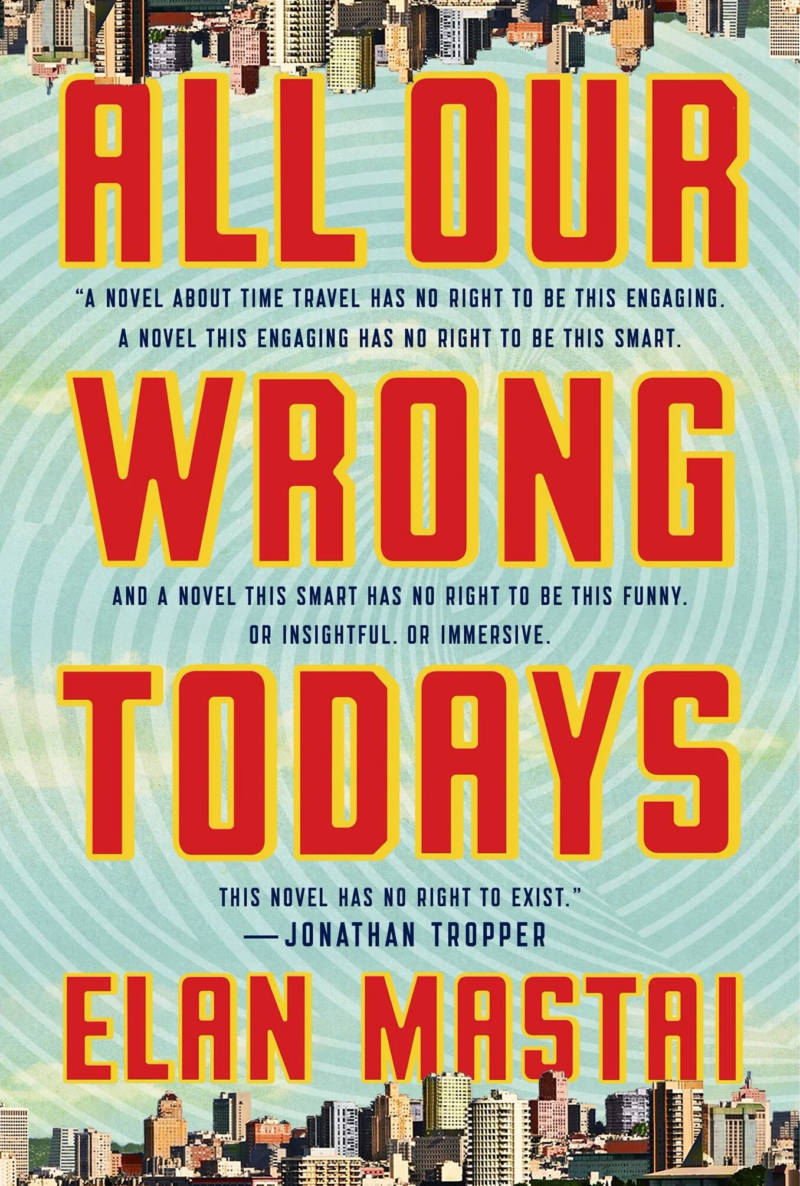
All Our Wrong Todays
by Elan Mastai
Not so long ago, it was 2016, and the world was our utopian dream: flying cars, near-immortality, universal wealth, all powered by clean, free energy. Even the way you wake up in the morning had been improved in a manner you cannot imagine. You’ve lived your life in the future as seen by optimistic science fiction writers. (They do exist!) What happens when you wake up in our world? In All Our Wrong Todays, Elan Mastai turns our world into a dystopian nightmare, if it isn’t already. Tom Barren lives in that perfect future, but a glitch in a time travel experiment rewrites history, and Tom is horrified to find himself in the world we live in. Mastai’s novel is consistently hilarious and human, even as it forces you to just look around. It might be that utopia is as close as the human heart.

